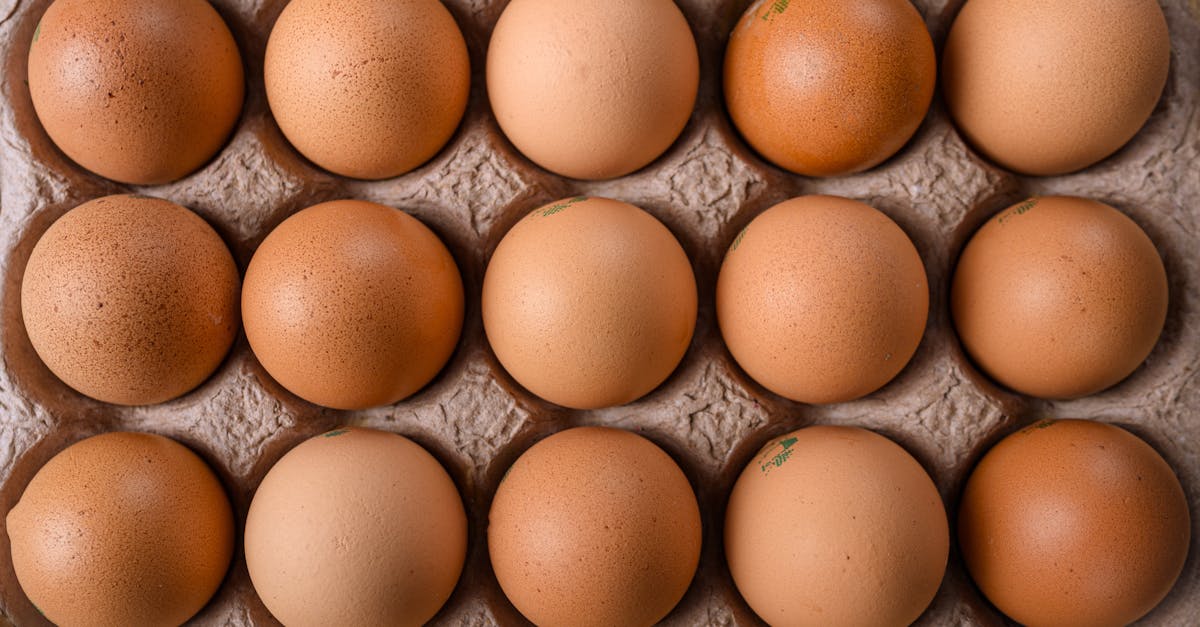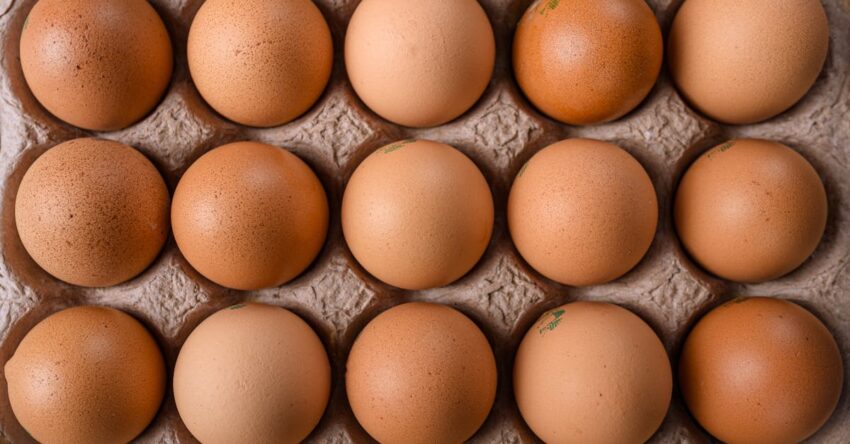Imagine you’re on a journey to regain your health and strength after an injury or surgery. You want to bounce back quickly, but you’re unsure about the best way to do it. Nutrition in rehabilitation is your secret weapon in this process. It’s not just about eating; it’s about fueling your body with the right nutrients to help you heal faster and more effectively. Think about how your choice of food can impact your recovery pace. You might wonder how certain foods or a specific diet plan can affect your progress.
Consider the role of diet and recovery and how strategic choices like nutritional therapy can speed up your healing. When you integrate the right rehab nutrition, such as proper protein intake and vitamins for recovery, you build a stronger foundation for your physical and mental health. Imagine embracing hydration in rehab, meal planning that feels like a delicious ritual, and maybe even discovering the benefits of an anti-inflammatory diet. Picture how tailored nutritional supplements can become your allies in restoring energy, optimizing caloric intake, and ensuring you access proper nutrition.
Curious to unlock the magic of nourishing your body during recovery? Dive in and explore these powerful facts about how nutrition plays a pivotal role in rehabilitation. Your health journey could transform with the right insights!

Photo provided by Christopher Welsch Leveroni on Pexels
Within the article
Understanding Nutrition in Rehabilitation
When you think about nutrition in rehabilitation, the role of food and drinks comes to mind. It’s all about helping your body heal and recover. Your diet plays a crucial part in getting back on your feet. Have you ever wondered why certain foods are essential during this time?
The Role of Protein Intake
Protein is vital. It helps boost muscle repair and growth. Imagine your muscles as a team of workers rebuilding a house. Protein is like the tools they use. Without enough tools, the work slows down. So, make sure to include protein-rich foods for better recovery.
Importance of Hydration in Rehab
Hydration is just as important. Drinking enough water maintains energy and prevents dehydration. Think of your body as a car. Without enough fuel, it won’t run properly. Staying hydrated keeps all your body functions running smoothly.

Photo provided by Chris wade NTEZICIMPA on Pexels
Essential Elements in Rehab Nutrition
Vitamins for Recovery
Vitamins support immune function and healing. It’s like supplying your body with tiny helpers to fight off invaders and repair injuries. For example, Vitamin C is great for speeding up the healing of wounds. Including a variety of vitamins in your diet is a must.
The Anti-inflammatory Diet
An anti-inflammatory diet reduces swelling and pain. Imagine having fewer roadblocks on your healing journey. Foods like leafy greens and salmon can help you a lot. This diet is a beneficial choice when trying to feel better faster.

Photo provided by Aimbere Elorza on Pexels
Nutritional Strategies for Effective Recovery
Meal Planning for Rehab
Meal planning ensures balanced nutrient intake. It helps in organizing what you eat each day. This way, you won’t miss out on any important nutrients. Think of it as having a map for your nutrition journey. Planning meals helps you stay on track.
Nutritional Supplements
Sometimes, food alone isn’t enough. Nutritional supplements provide additional support and nutrients. They can be a great addition, especially when your dietary needs are high. Consult with a healthcare provider to find what’s suitable.

Photo provided by AS Photography on Pexels
Optimizing Diet and Recovery
Nutritional Therapy
Nutritional therapy focuses on creating plans tailored to your needs. It’s a customized approach that looks at what you personally require for optimal recovery. This helps in addressing any specific nutrition issues you might face.
Understanding and applying nutrition in rehabilitation can enhance patient quality of life. It’s about giving your body the best chance to heal and perform well. Being mindful of your dietary choices is an empowering step in your recovery journey.
Embrace the Power of Nutrition
Understanding the role of food in your healing journey is crucial. A balanced diet provides energy, supports muscle strength, and boosts mental well-being. By focusing on key nutrients like protein and vitamins, you give your body what it needs to recover more effectively. This approach not only helps your physical recovery but also contributes to better mental health, making your journey smoother and more fulfilling.
Start by planning your meals to include a variety of nutrient-rich foods. Focus on adequate protein intake and hydration. Consider incorporating an anti-inflammatory diet to support your body’s natural healing processes. You might also explore nutritional supplements if needed. Consult with a nutritionist to tailor your plan to your specific needs. This step-by-step approach ensures you’re on the path to optimal health.
Take control of your recovery by making thoughtful food choices today. Prioritize your well-being and set yourself up for success. You’re capable of achieving great progress. Let your diet be a powerful tool in your rehabilitation journey. Embrace the changes, and watch your health improve day by day.
